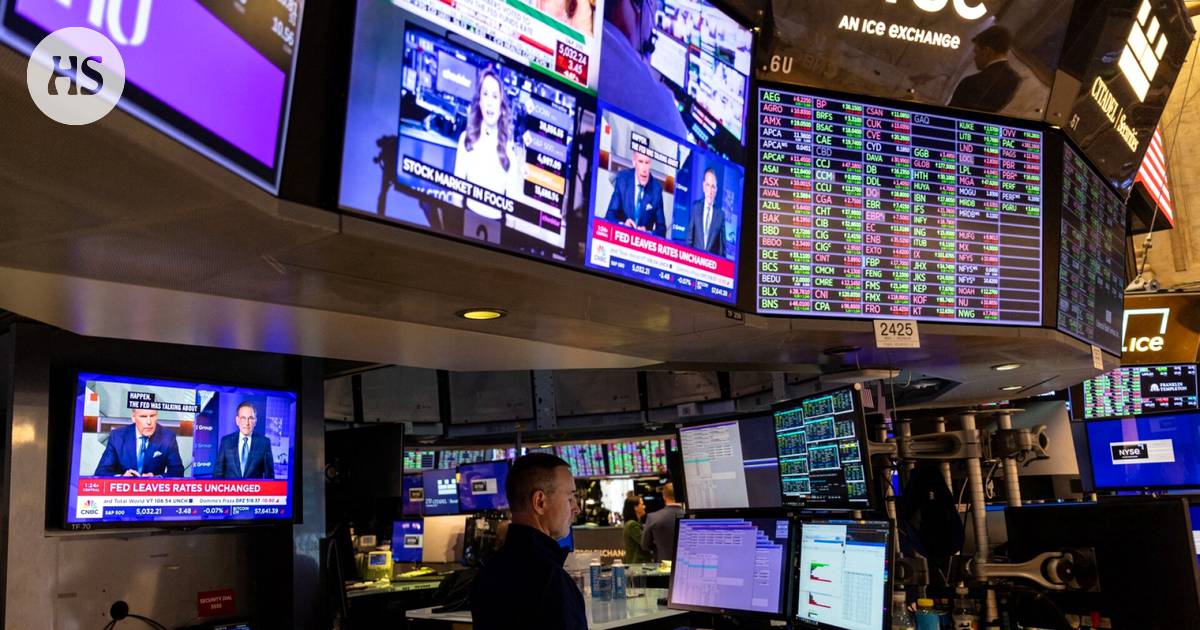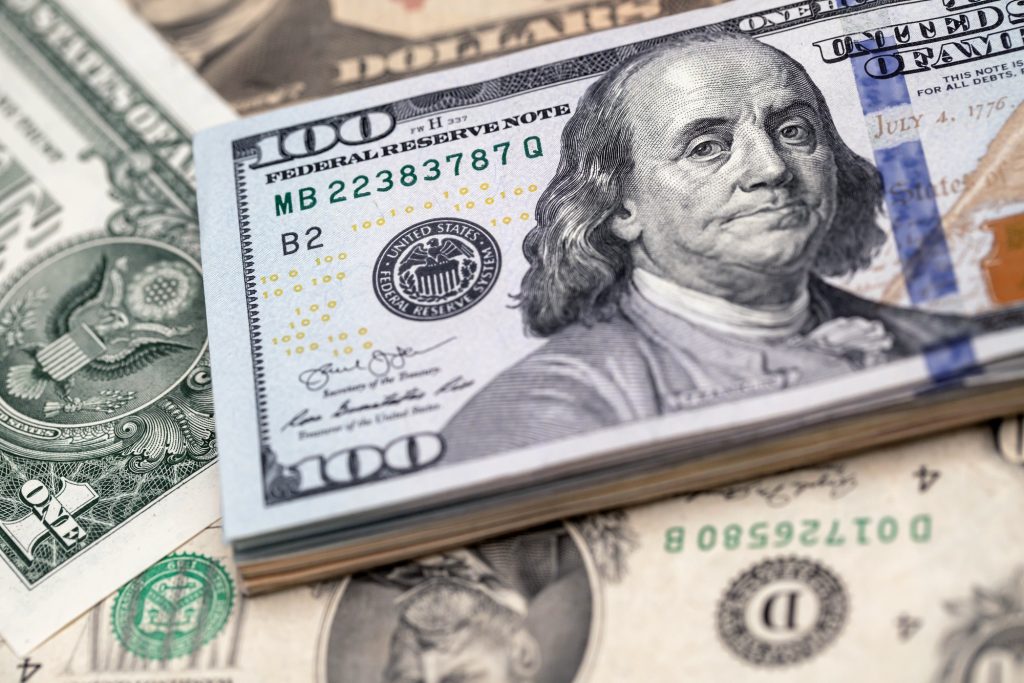
New York’s ban on audio and video recording in court has sparked controversy, hindering the public’s ability to closely follow Trump’s trial. The trial, which began in April at Manhattan criminal court, is expected to last until June and has garnered significant attention from the media and the American public. Despite high interest, only a few reporters are permitted to attend, but they are not allowed to film or take photos.
The law restricting audio and video recordings in New York courts dates back nearly 100 years, originating from a regulation established after the chaotic trial of Bruno Richard Hauptmann in 1935. Concerns about the integrity of court proceedings when the media is present led the American Bar Association (ABA) to implement regulations that prohibit live recording and broadcasting during court proceedings to maintain the court’s dignity and prevent misunderstandings with the public.
However, many states have relaxed restrictions on court coverage over time, leaving New York and Louisiana as two states that continue to ban cameras in court proceedings. Efforts to pass legislation allowing judges in New York to decide on audio and video recording have been unsuccessful, leaving the public reliant on media reports for information on significant trials like Trump’s.
The lack of live coverage in Trump’s trial has raised concerns about transparency and accessibility for those who want to witness such influential cases firsthand. Without cameras in the courtroom, reporters attend trials to provide accounts of proceedings, which has implications for how people perceive high-profile cases and judicial transparency.
Some argue that New York’s regulations are excessive and inhibit transparency while others see it as necessary for maintaining orderly conduct of trials.
In conclusion, New York state’s ban on audio and video recording in court continues to spark controversy as it limits accessibility for those who want to witness significant cases firsthand. While efforts have been made over time to relax restrictions on court coverage, this practice remains prevalent in some states including New York.




.png)